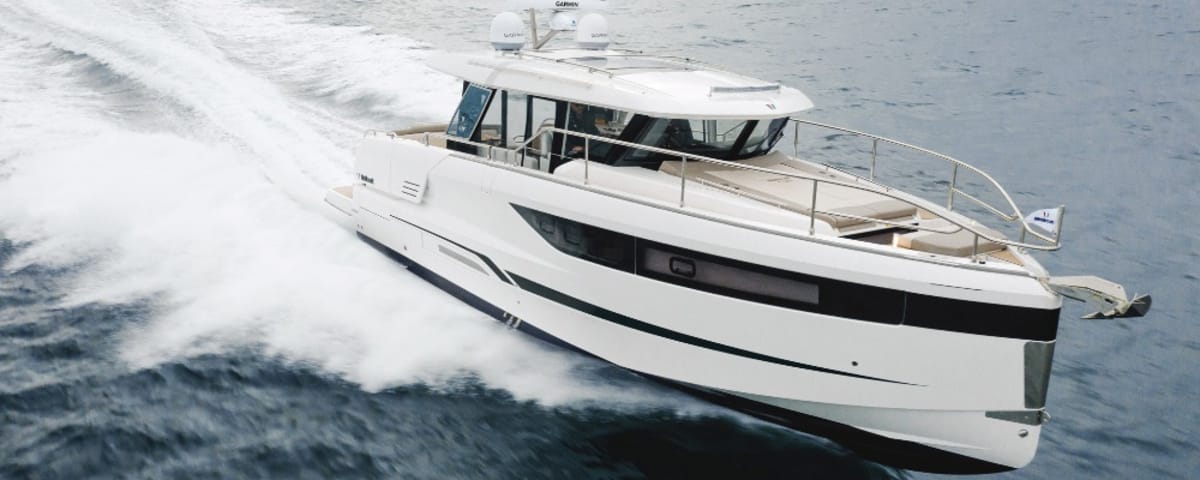The Changing Landscape of Recreational Boating
Recreational boating has experienced significant growth since the 1980s, attracting enthusiasts of all levels. In France, there are an estimated four million regular boaters and eleven million occasional participants. This widespread adoption has naturally led to shifts in attitudes.
According to Kevin Hénaf, a consultant based in La Rochelle and founder of the Eloyot app, “Previously, we dealt more with passionate individuals who meticulously cared for their vessels. People became owners aware of the maintenance requirements of a boat. Today, many buyers behave like consumers, drawn to the appeal of the object itself. This leads to significant misunderstandings regarding the necessary upkeep.”
Increased accessibility to ownership is facilitated by the expanding used boat market, a trend observed after the Covid period. Furthermore, a 2021 study on “The Deconstruction and Bioconception of Recreational Boats” reveals that “80% of vessels in circulation were built before 2000.”
These older boats may not have consistently received optimal maintenance. Repairs can seem costly for an activity enjoyed only a few hours per year, especially considering additional expenses like dock fees and insurance. Boaters often delay action until a problem arises. Occasional sailors may also be unaware of the necessary revisions and part replacements, often minimizing issues. “Problems are often discovered when something breaks, during an incident, or when selling the boat.” The combination of an old boat, inexperience, and cost-saving efforts contributes to the overall wear and tear of the fleet.
Injecting Objectivity Through Expertise
In this context, insurers face challenges, primarily due to the difficulty in accurately assessing the condition of vessels. Hidden defects, even unintentional ones, are potentially numerous. Hénaf suggests reinstating expertise as a central element in boat sales, making it a standard practice. “While the exact condition of a boat cannot be fully determined without dismantling it, expertise allows us to go beyond a ‘good faith’ agreement. It provides a condition assessment at the heart of the transaction.” In a field often driven by emotion and dreams, introducing objective evaluation is beneficial.
“Buying a boat also means buying the potential problems that come with it; it’s part of the deal, and awareness is crucial.” A qualified marine surveyor aims to guide and educate the buyer, playing a more comprehensive role than in the automotive sector with mandatory inspections. In boating, this informed professional is obligated to explain the vessel’s imperfections to the buyer and provide recommendations. “After the survey, the new owner should know the purchase price and the estimated cost of future repairs.”
Hénaf believes that insurers should communicate more effectively about the benefits of surveys, rather than them being perceived as a punishment. “Insurers should position themselves as partners, essentially saying, ‘You’re buying a boat, but we’re essentially buying it together because we bear the majority of the economic burden. We’ll provide an expert to ensure you’re well-informed about recreational boating so you can navigate safely. The insurer takes the economic risk, not the economic constraint.'”
Prioritizing Rental Management or Concierge Services
The era of yachting, where only an elite could afford to sail and entrust maintenance to professionals, is over. “While broader access to boating is positive, ownership should remain for those who can finance boat maintenance.” Boating can be enjoyed through various usage models, always overseen by professionals. “I believe in prioritizing the involvement of an intermediary who reinvests rental income into boat maintenance,” Hénaf adds.
He considers concierge or rental management systems more reliable than peer-to-peer rentals for ensuring the overall condition of boats. In this model, the owner entrusts the boat to a professional who manages scheduling, maintenance, and dock fee payments. The owner then assumes the same status as other renters, booking sailing slots but assured of a well-maintained vessel.
Enjoyed this post by Thibault Helle? Subscribe for more insights and updates straight from the source.


